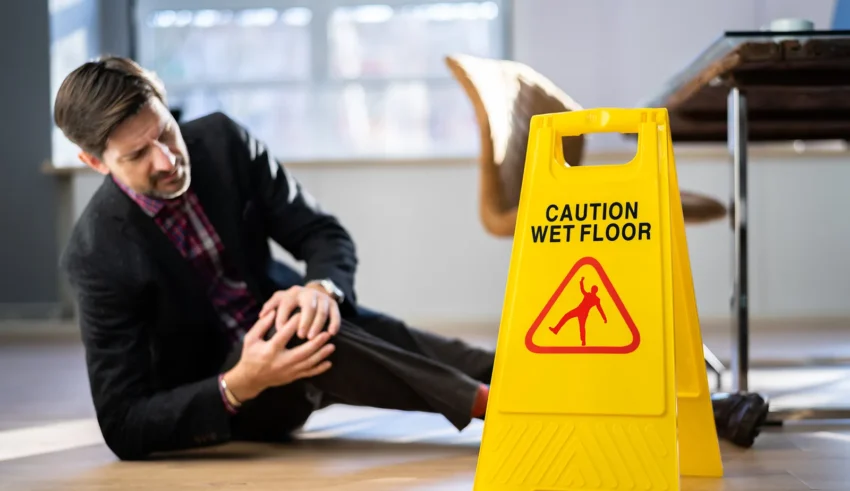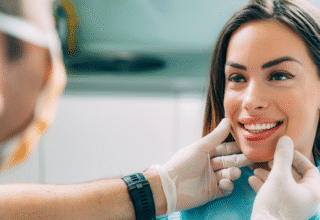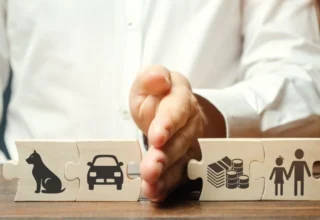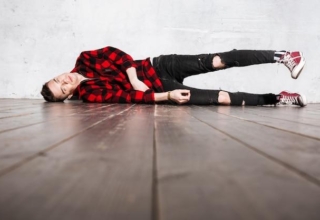
Slip-and-fall accidents can happen suddenly and without warning, resulting in severe injuries that range from minor bruises to fractures. Whether they occur in a grocery store, on a sidewalk, or within a public building, these incidents can cause physical pain, emotional distress, and financial hardship. Understanding the process of liability claims is crucial for people who have experienced a slip-and-fall accident to ensure they get compensation for their injuries and losses.
Table of Contents
Understanding Slip-and-Fall Incidents
Slip-and-fall accidents occur when people slip, trip, or fall due to issues on someone else’s property. These encompass wet floors, rough surfaces, icy walkways, poorly maintained stairs, or obstacles blocking paths. While some falls lead to minor injuries, others result in severe harm, such as broken bones, head injuries, or spinal damage. These often require medical attention and cause long-term consequences that affect one’s quality of life.
Determining Liability
Determining liability is essential when dealing with a slip-and-fall accident. Property owners have a lawful duty to ensure safe premises for visitors. However, not all accidents automatically make the property owner responsible. Liability depends on various factors, such as the nature of the hazard, the owner’s awareness of it, and whether reasonable steps were taken to address the issue.
Seeking Legal Guidance
After experiencing a slip-and-fall accident, seeking legal advice from specialists in public liability claims is crucial. These specialists assist individuals injured due to negligence on someone else’s property. They offer guidance on the validity of your claim, the necessary steps to take, and how to navigate the legal procedure to secure compensation for injuries, medical expenses, lost wages, and other damages.
Documenting the Incident
Documentation plays a crucial role when filing a slip-and-fall claim. Immediately after the accident, gather evidence by taking pictures of the hazardous condition, obtaining witness statements if possible, and reporting the incident to the property owner or manager. Thorough documentation strengthens your claim and establishes the circumstances surrounding the accident.
Medical Attention and Records
Seeking medical attention after a slip-and-fall accident is essential for your health and claim. Even minor injuries can develop into significant problems later. Keep complete records of all medical treatment, including hospital visits, doctor’s appointments, tests, medications, and rehabilitation sessions. These records serve as evidence of your injuries and associated expenses.
Filing a Claim
Once you’ve gathered evidence and sought medical attention, you can register a liability claim against the responsible party. This involves submitting a formal complaint outlining the accident’s details, your injuries, and the damages you’re seeking. Working with a legal expert experienced in slip-and-fall cases ensures your claim is properly prepared.
Negotiation and Settlement
After filing a claim, the liable party’s insurance company may offer a settlement. Carefully review any offers with your legal representative to ensure they adequately cover your losses. Insurance companies might try to give you less than you deserve, so having an attorney negotiate can help maximise compensation.
Litigation as a Last Resort
If a fair settlement cannot be reached, litigation may be necessary. This involves taking the case to court, where a judge or jury will determine liability and compensation. Litigation can be time-taking and costly but may be necessary when negotiation fails or the other party refuses responsibility.
Slip-and-fall accidents can have serious consequences, but understanding the liability claim process is vital for protecting your rights if you’ve been injured due to negligence. From documenting the incident to seeking legal guidance and pursuing compensation, each step is crucial in navigating the aftermath of a slip-and-fall accident. By working with professionals in public liability claims and being proactive, you can maximise your chances of receiving compensation for your losses.















